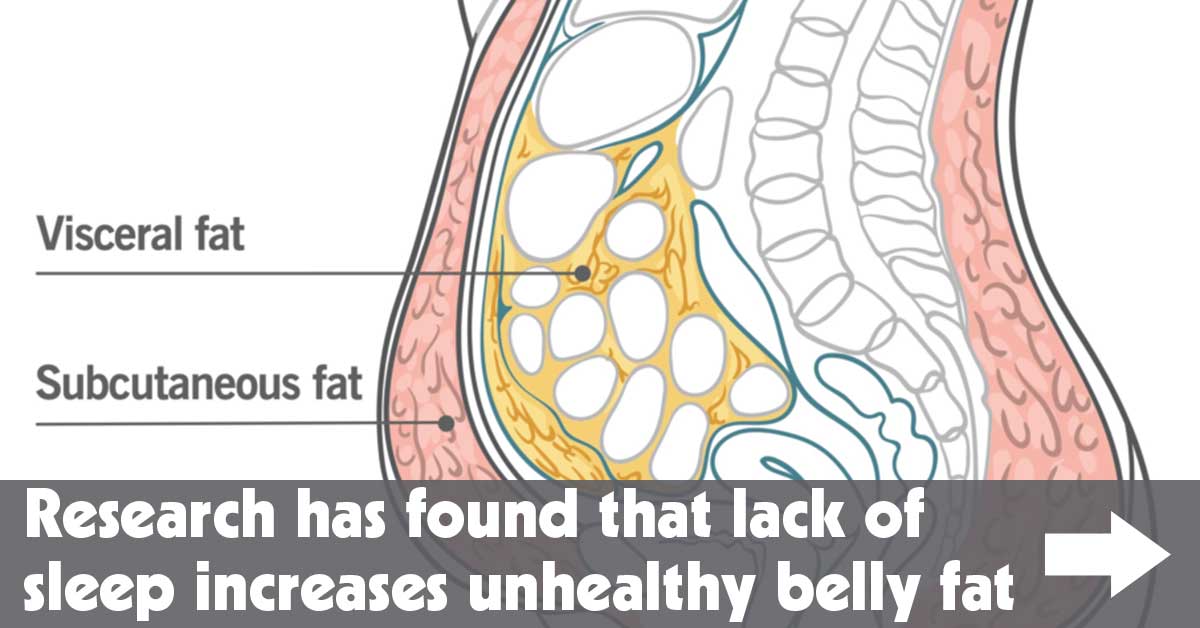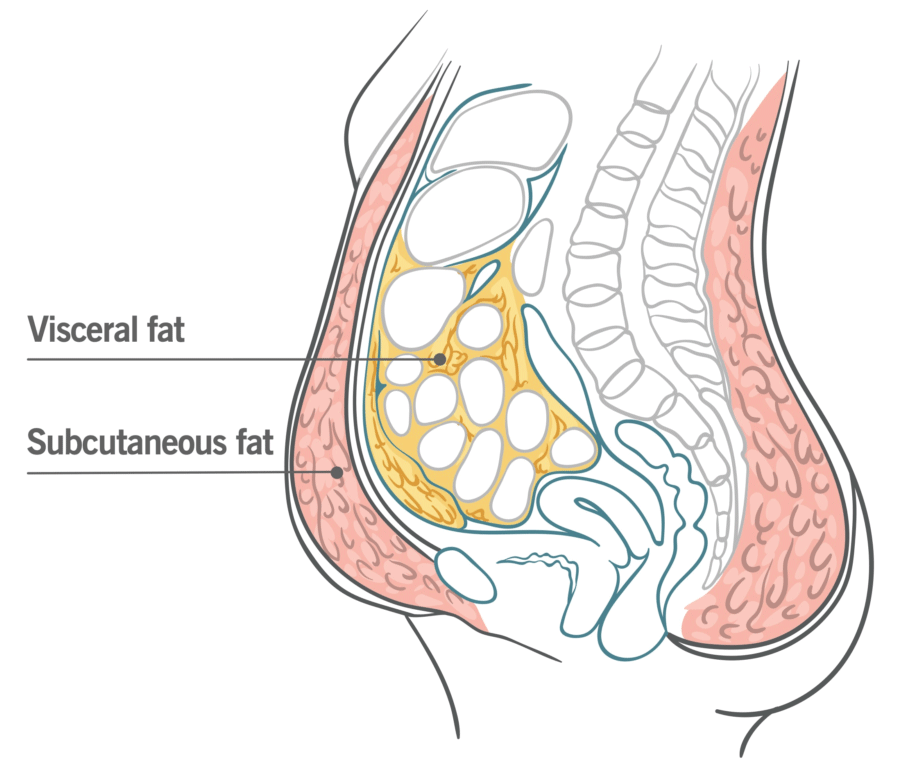
Research Has Found That Lack of Sleep Increases Unhealthy Belly Fat
Research reveals that insufficient snooze in blend with unrestricted foods access improves calorie intake and subsequent accumulation of fat, specifically the unhealthy stomach fats. Final results from the analyze suggest that inadequate slumber resulted in an enhance of 9% in the full location of stomach body fat and an increase of 11% in stomach visceral body fat, in comparison to a handle rest group. Visceral fats is fat deeply deposited inside the stomach surrounding internal organs which is strongly involved with metabolic and cardiac health conditions.
Inadequate snooze is very normally a habits of alternative, which has become an significantly pervasive preference. About a 3rd of folks in the United States routinely will not get ample snooze, partly because of change get the job done, as properly as using clever products and social networks in the course of normal situations of sleep. People also have a tendency to take in additional foodstuff when awake for for a longer period hours without having an improve in actual physical action.
The success show that shorter rest, even in healthful and somewhat lean younger folks, is linked to a calorie ingestion improve, a quite smaller excess weight raise, and a significant raise in stomach fat accumulation.
Fat is ordinarily deposited less than the pores and skin, or subcutaneously. The deficiency of rest however appears to be to redirect extra fat to the unhealthier and likely hazardous visceral location. Also, while there was a calorie intake and weight reduction all through restoration slumber, visceral extra fat carried on expanding.
This signifies that deficiency of sleep has been an unrecognized visceral body fat deposition result in and that short-expression catch-up snooze will not reverse the accumulation of visceral excess fat. These final results implicate lengthy-term lack of sleep as a contributor to the obesity epidemic, as properly as metabolic and cardiovascular conditions.
The analyze consisted of 12 healthy overweight-absolutely free men and women each collaborating in two 21-working day periods in an in-individual atmosphere. Next a 3-month washout period of time, they had been randomly allotted to a standard snooze regulate team or a limited snooze group for 1 session and the up coming session the opposite.
Cost-free choice of food stuff was readily available to each team through the overall examine. Circulating urge for food biomarkers unwanted fat distribution, which provided visceral extra fat or fat stomach system composition overall body weight energy expenditure and energy consumption had been all measured and monitored.
The 1st 4 days were a period of acclimation in the course of which time all people today were permitted 9 hrs of sleep in a bed. The restricted slumber team was permitted 4 hrs of slumber with the command team protecting at 9 hrs of rest for the subsequent 2 months. Equally teams then experienced 3 recovery days and nights with 9 several hours in bed.
Around 300 further day by day energy had been consumed for the snooze restriction duration, with about 13% more protein and 17% far more extra fat consumed, in comparison to the acclimation phase. The intake maximize was maximum in the early rest deprivation times and then leveled off in the restoration period to commencing concentrations. Energy expenditure remained for the most section the similar in the course of.
The accumulation of visceral fats was only found out by CT scan which would have been skipped otherwise, specifically considering the fact that the fat boost was fairly modest at close to 1 pound. Bodyweight steps by itself would be improperly reassuring with regards to the wellbeing effects of absence of snooze. Also of issue is the potential influence of recurring inadequate snooze durations with regards to progressive and cumulative visceral body fat boosts over a number of a long time.

Want to use our photos on your web page? Right click on image for embed code
